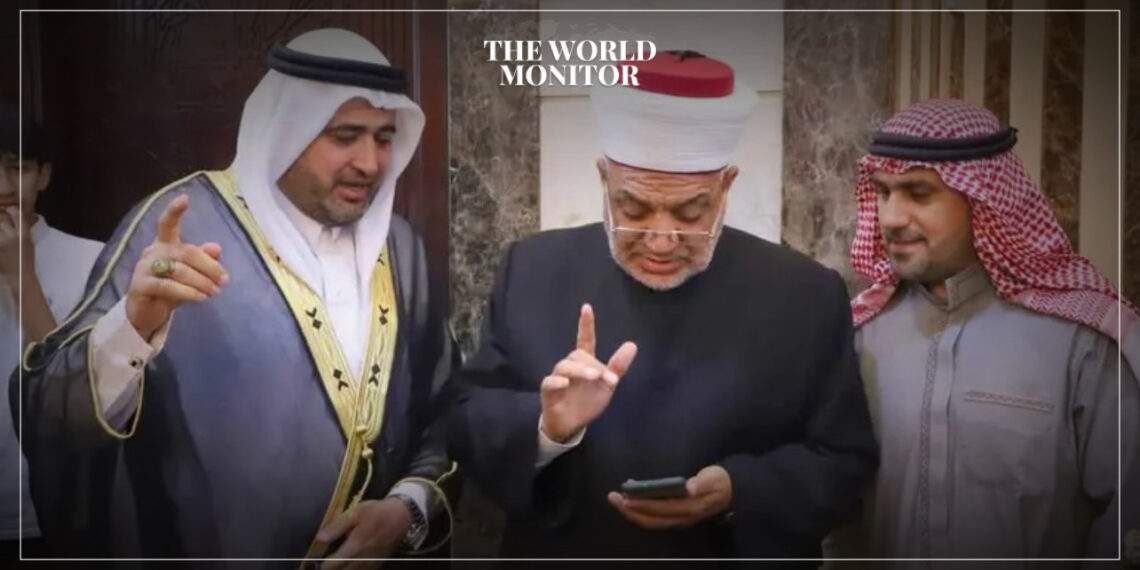Jordan inaugurated the first mosque operating with a smart system to serve mosques in the country, the “Makkah Khamees” mosque in the capital, Amman, as part of the Smart Mosque Service System project.
Jordanian Minister of Awqaf, Mohammad Al-Khalayleh, said during the mosque’s opening: “The experience of the smart system for serving mosques will be generalized to include all mosques in the kingdom, as part of the ministry’s ongoing efforts to update and develop its service system in line with the royal visions and directives.”
He added: “The Smart Mosque Service System project is a pioneering project towards a sustainable society, contributing to the use of electronic systems to rationalize expenses and facilitate control over all mosque components, allowing for monitoring any violations or malfunctions in the mosque and automatically issuing alerts.” He indicated that regulating the timing of the call to prayer, considering prayer time differences, as well as controlling lighting and air conditioning systems and opening and closing mosque doors will be electronic.
The Jordanian minister mentioned the possibility of obtaining statistical reports on operation and consumption rates, and the ability to monitor and link the status of mosques through a mobile phone application wirelessly connected to the mosque.
He pointed out that mosque building is divided into two types: physical construction through building, maintenance, and restoration, and another type based on Quranic reading, recitation, memorization, supplication, prayer, and remembrance circles, noting that the first step taken by the Prophet Muhammad upon migration to Medina was building a mosque for its role in building individuals and the community.
A sports hall inside the mosque
On his part, the minister’s advisor for development and innovation affairs, Murad Nawaf Al-Rifai, explained the stages the project went through, from launching the idea to its implementation and the emergence of its results, indicating that the many facilities in the mosque, including a women’s prayer area, a sports hall, and a Quranic school, formed an exemplary environment to test the experiment and measure its impact.
Al-Rifai added: “The model of the mosque operating with the smart system enhances governance values, future outlook, and excellence by employing an integrated system of devices through modern technology and advanced software enabling the ministry to effectively manage all mosques,” referring to the smart safe project that allows access for only three people: the mosque imam, committee head, and treasurer, in accordance with instructions and the principles of transparency and integrity.”






